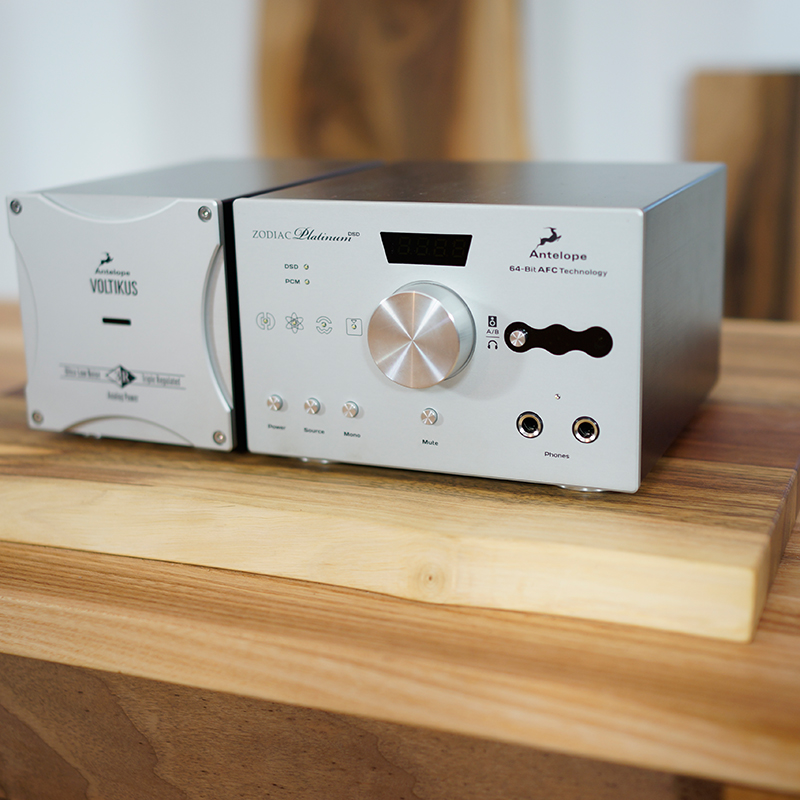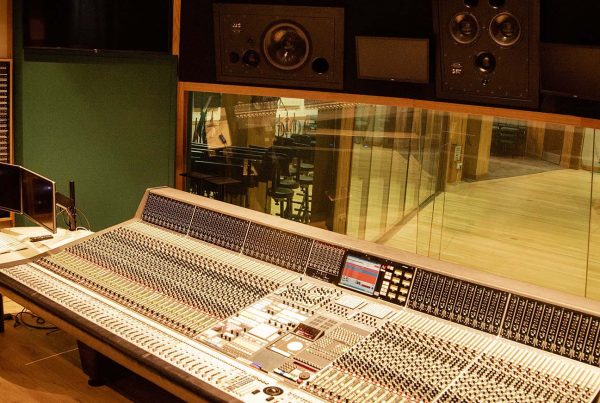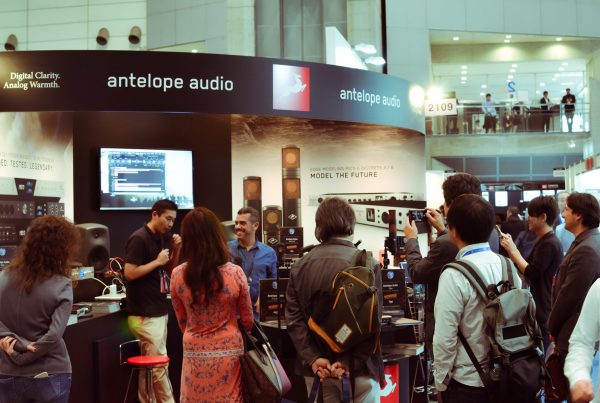Unique Upsampling Features on Zodiac Platinum Deliver Unprecedented Detail, Enabling Listeners to get ‘Closer’ to Original Studio Recordings
Las Vegas, January 8, 2014 — Yesterday at the Consumer Electronics Show, leading digital audio manufacturer Antelope Audio [CES: Venetian, suite 29-227] unveiled its highly anticipated Zodiac Platinum DSD DAC/headphone amplifier. With its revolutionary DSD upsampling capabilities and unique 10 MHz clocking input, the Zodiac Platinum helps listeners realize unprecedented detail and transparency, enabling them to get closer than ever before to original studio recordings.
With its 256X upsampling mode, the Zodiac Platinum is able to upsample DSD64 and DSD128 files to DSD256, thereby unleashing the true potential of DSD. This feature, combined with the new 10 MHz external clocking input, is currently not available in any other DAC on the market and enables listeners to realize greater detail, imaging and transparency in recordings.
Revolutionary Upsampling Innovations
The Zodiac Platinum’s unique DSD upsampling features enables it to reconstruct more natural sounding waveforms than other standard upsampling methods allow. The key to this is Antelope Audio’s proprietary 64-bit algorithm, and the precision with which this algorithm is carried out in the electronics. Through relentless research and application, Antelope was able to overcome inherent limitations facing most DACs: the quality of the filtering on the chip and excessive heat dissipation.
Antelope Audio CEO and Founder Igor Levin explains: “When manufacturing a chip like a DAC, you are working with a limited amount of space and have to be concerned with issues of heat and power dissipation. If you are going to use more
bits — something that improves the sound quality — you are going to dissipate more heat. The Zodiac Platinum uses a dedicated FPGA (Field-programmable gate array) to facilitate its upsampling computations, minimizing efficiency, space and heat dissipation issues.”
The accuracy with which the upsampling is being carried out is unprecedented. “On typical DAC chips interpolator is typically computed with 20 – 28 bits,” says Levin. “In the Zodiac Platinum we are computing it with 64 bits. This is a much more accurate calculation and makes all the difference when you are computing the missing points associated with a waveform curve afterwords, which is done by the analog part of the D/A converter. We are using a whole FPGA to do these computations, whereas on a traditional DAC chip you have just a few square millimeters of space to do this and it is simply not possible.”
Evolutionary Clocking Capabilities
In addition to having a strong presence in the consumer audiophile market, Antelope Audio is highly regarded in the professional audio community as the world’s leading manufacturer of digital clocking devices, as well as AD/DA converters. The Zodiac Platinum ships with Antelope’s renowned 64-bit, Acoustically Focused Clocking and an ultra-low jitter, oven-controlled crystal oscillator, ensuring a highly detailed and unmatched listening experience.
In addition to its groundbreaking upsampling innovations and native clocking capabilities, the Zodiac Platinum also integrates a 10MHz input for Antelope’s 10M Rubidium atomic clock, providing the most accurate, stable clocking reference available on the market. “After listening to feedback from our audiophile consumers, it was clear that they wanted superior clocking capabilities as are found on our professional audio products. So, we integrated the 10M input, in addition to all the other the revolutionary DSD upsampling innovations we delivered on the Zodiac Platinum,” said Levin.




